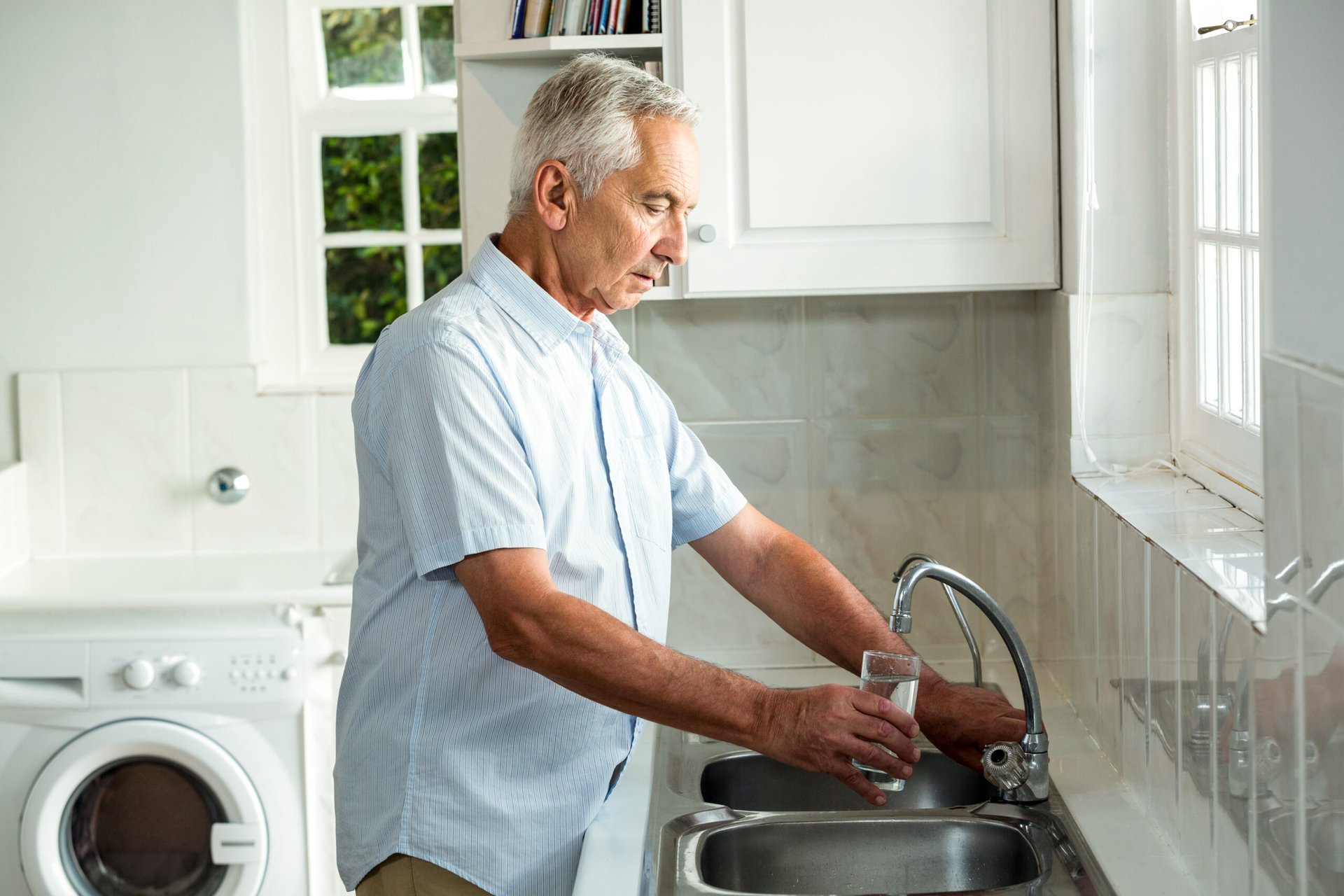
Recycling is all the rage in our new “green” age. But is recycled drinking water a bridge too far?
As it turns out, a couple of states have legalized a recycling technique know as “direct potable reuse,” or DPR, which treats sewage water so that it is drinkable. This includes water from a sink, shower or — yes — toilet.
CNBC reports that, currently, the DPR technique can be used in Texas and in some instances in Arizona.
States such as California, Colorado, Florida and New Mexico also have plans to make the process legal, according to the U.S. Environmental Protection Agency.
As unappealing as it might sound, DPR is a crucial option to explore at a time when climate change might lead to water shortages, proponents say.
Cities as large as El Paso, Texas, Los Angeles and San Diego are planning to use DPR.
In Florida, the state government says DPR is a good option in a state where the population is expected to rise from 21.4 million to 24 million by 2030.
According to a document from the Florida Department of Environmental Protection:
“Floridians use nearly 6.5 billion gallons of potable water per day and by 2035, Florida will need another 1.1 billion gallons per day, a 17% increase. Water need and demands are outstripping resources and we need alternative solutions. One of those solutions is potable reuse.”
Although the notion of recycling drinking water might make some people squeamish, experts insist it is safe.
For example, the Florida government says recycled water will undergo a “rigorous multi-level treatment process including disinfection,” and that all recycled water meets EPA and Florida drinking-water standards.
In addition, CNBC notes that a system known as indirect potable reuse has been used for decades in some cities and that recycled sewage also shows up in that water.
Officials in cities exploring DPR say they are aware of the potential backlash against recycled drinking water. For that reason, they are rolling out their programs slowly while they try to educate the public about the benefits and safety of DPR.
In Los Angeles, the city plans to open a demonstration facility that will help people become accustomed to the concept.
As Jesus Gonzalez, manager of the recycled water program at the Los Angeles Department of Water and Power, tells CNBC: “We want to eliminate the ‘yuck factor’ or people’s negative perception.”





Add a Comment
Our Policy: We welcome relevant and respectful comments in order to foster healthy and informative discussions. All other comments may be removed. Comments with links are automatically held for moderation.